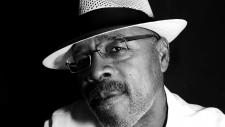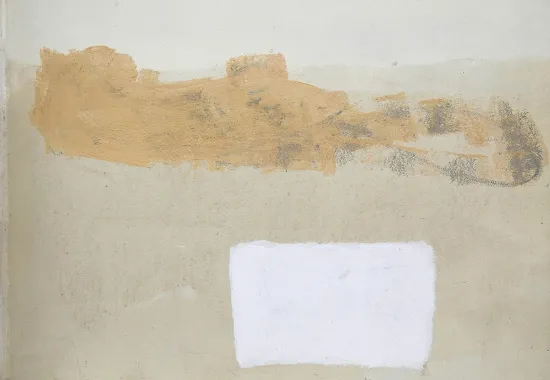On “Moving Men”

In the summer of 2014, while traveling to Greensburg, Pennsylvania for a poetry retreat, I sat to write a poem as a reply to a Father’s Day letter I had received from my son, Patrick. The response eventually became a book-length manuscript. The poems of Soul Be A Witness, my latest collection, attempt to speak truth of and to boys and men of color as only an African American son, father, and grandfather can.
As native sons of America, boys of color have had to bear a unique burden, that of the history of slavery and Jim Crow and the timeless burden of their darker skin, which never ceases to shape the perception that others have of their intellect, worth, and sense of morality. But the struggle has not been entirely racial. Like all males, black and brown boys are pulled and swayed between the “I” and the “Not I” on a journey of choices. Soul Be A Witness attempts to go beyond history, biography, and contemporary influences to capture the inner, spiritual struggles and possibilities—archetypal forces—that shape and ultimately define the individual and collective journey toward manhood and selfhood.
Emile Hebert, the young Creole war veteran who is the protagonist of the title poem, “Soul Be A Witness,” symbolically and literally epitomizes that struggle, as did his ancestors and all the Boy X’s of the world. Emile endured a criminal trial for murdering a white man in 1922, when the Klu Klux Klan had a stronghold on criminal justice systems all across Louisiana. The journey of all these black men and boys is essentially the same: a journey toward self and individuation. The poems of Soul Be A Witness call upon the inner self, the soul if you will, to be a witness to itself. . . to witness its good and evil, its weaknesses, shortcomings, and vulnerabilities, but invariably, to know its abiding strength and power over adversity.
“Moving Men” was born many years ago at a convenience store where I made my regular weekday morning stop for coffee. I was struck by the neatness and sense of purpose of the three young men who walked in to buy food and drinks before starting their workday. Later, as I began to write the poem, I was strictly in the present world, writing about what I had seen of these young men that morning. Then, I began to think about “movement” in a larger, historical context, and the struggles of black men . . . from the Diaspora to slavery to Jim Crow and Civil Rights. My thoughts quickly shifted to the future and the possibilities for progress that lie there. Thus, the final line of the poem, “It’s only morning. Give them a day.” So the poem, though short, embodies all three time dimensions of the African American struggle for freedom and equality: past, present, and future.
Recommended
Mercy
Eclipsing
Psychic Numbing






